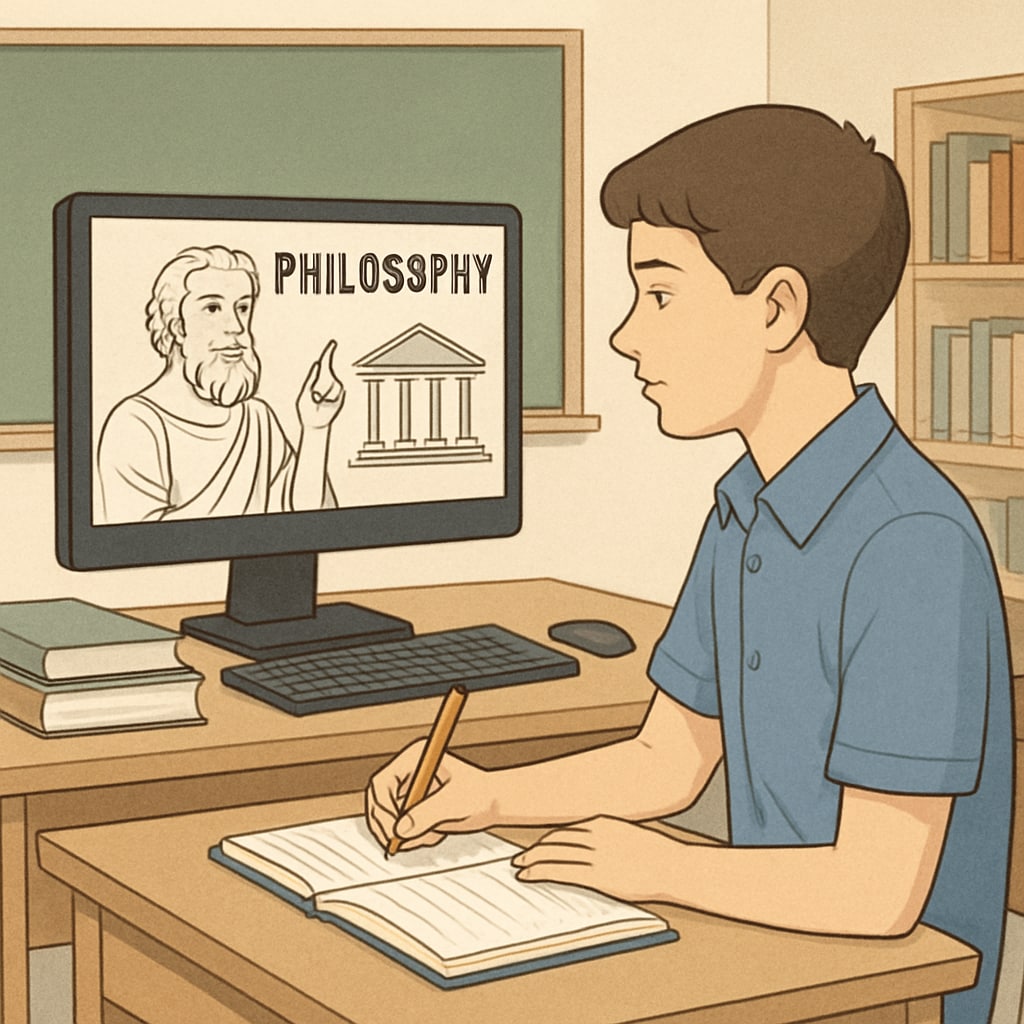Engaging in self-learning about psychology and philosophy can be a transformative journey, especially for K12 students. By exploring these fields, young learners can develop critical thinking skills and emotional intelligence, preparing them for a deeper understanding of themselves and the world around them. This article provides practical self-learning resources and tips to help students begin their journey into the fascinating realms of psychology and philosophy.
Why Learn Psychology and Philosophy?
Psychology and philosophy are not only academic disciplines but also tools for personal growth. Psychology focuses on understanding human behavior, emotions, and mental processes, while philosophy encourages critical thinking and questions about existence, ethics, and knowledge. For K12 students, these fields can offer unique opportunities to explore ideas, challenge assumptions, and build a strong foundation for emotional and intellectual maturity.

Getting Started: Essential Resources for Beginners
Finding the right resources is pivotal for self-learning. Below are some beginner-friendly materials that cater to K12 students:
- Books: “The Psychology Book” by DK offers an engaging visual guide to key psychological theories, while “Sophie’s World” by Jostein Gaarder introduces philosophy through an accessible narrative.
- Online Platforms: Websites like Khan Academy provide free courses on psychological concepts, and Stanford Encyclopedia of Philosophy offers in-depth philosophical entries.
- Podcasts: “Psychology in 10 Minutes” is ideal for quick insights, while “The Partially Examined Life” explores philosophical ideas in a conversational manner.
- Videos: Channels like CrashCourse provide entertaining introductions to psychology and philosophy.
These resources are accessible, often free, and designed to spark curiosity in young minds.
Building Good Habits for Self-Learning
Effective self-learning requires discipline and strategic habits. Here are some tips:
- Set clear goals: Decide whether you want to focus on understanding theories, solving real-world problems, or simply exploring ideas for fun.
- Create a study schedule: Dedicate regular time to reading, watching videos, or listening to podcasts.
- Take notes: Summarize key points to reinforce learning and track progress.
- Engage with others: Join online forums or local discussion groups to share perspectives and deepen understanding.

Challenges and How to Overcome Them
Self-learning can be rewarding but also challenging. Students may face information overload or struggle to stay motivated. To overcome these hurdles:
- Start small: Focus on one topic or resource at a time to avoid feeling overwhelmed.
- Use diverse formats: Mix reading with videos and discussions to keep learning engaging.
- Celebrate milestones: Reward yourself for completing a book or understanding a complex concept.
Remember, the goal is not perfection but consistent growth and exploration.
Conclusion: A Lifelong Journey
Psychology and philosophy offer endless opportunities for exploration and growth. By leveraging self-learning resources, K12 students can develop a deeper understanding of themselves and the world, fostering critical thinking and emotional intelligence. Start small, stay curious, and embrace the journey of lifelong learning.
For more inspiration, explore Psychology on Britannica and Philosophy on Wikipedia.


